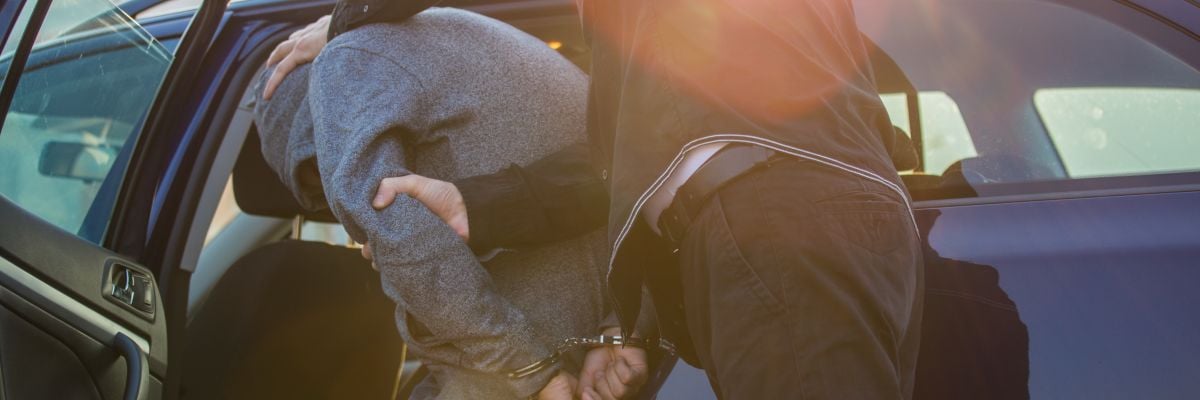
Question:
Answer:
“The Heinz Dilemma” refers to a hypothetical ethical scenario in which a man needs an expensive drug for his terminally ill wife, but he cannot afford it. He pleads with the druggist to let him have the drug at a reduced price, but the druggist refuses.
In his desperation, Heinz breaks into the druggist’s laboratory and steals the drug to aid his wife. The dilemma is whether Heinz should have done so.
In short, while one can argue that what Heinz did was wrong, i.e., stealing, there are certainly mitigating circumstances to his actions, namely, the just concern to save his wife’s life. One might also even argue that Heinz was morally justified in taking the drug, given that his wife’s life was in imminent danger.
In the Catechism of the Catholic Church, the Church teaches about the universal destination of goods that God has intended and the moral obligations someone like the druggist would have:
2403 The right to private property, acquired or received in a just way, does not do away with the original gift of the earth to the whole of mankind. The universal destination of goods remains primordial, even if the promotion of the common good requires respect for the right to private property and its exercise.
2404 “In his use of things man should regard the external goods he legitimately owns not merely as exclusive to himself but common to others also, in the sense that they can benefit others as well as himself.” The ownership of any property makes its holder a steward of Providence, with the task of making it fruitful and communicating its benefits to others, first of all his family (footnote omitted).
The Church further explains how utilizing another’s goods may be morally justified vs. immoral stealing.
2408 The seventh commandment forbids theft, that is, usurping another’s property against the reasonable will of the owner. There is no theft if consent can be presumed or if refusal is contrary to reason and the universal destination of goods. This is the case in obvious and urgent necessity when the only way to provide for immediate, essential needs (food, shelter, clothing . . .) is to put at one’s disposal and use the property of others (footnote omitted).
In summary, a person in Heinz’s dilemma should do everything possible to get the needed drug without taking it against the druggist’s will, including enlisting the larger community to help subsidize his purchase. And the larger community should be responsive to his needs. In turn, the druggist should do all he can to make his life-saving drug available to those who can’t afford it at current market prices.



